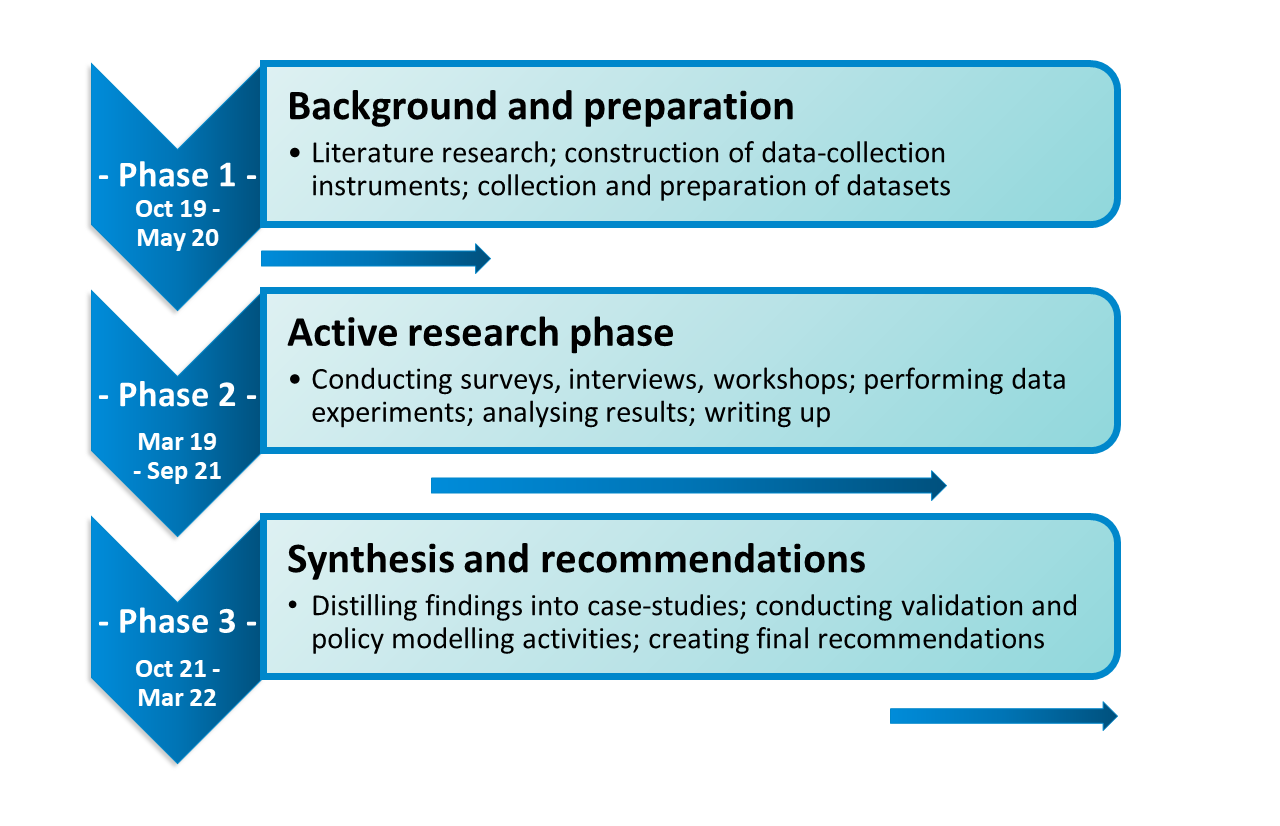Project
Open Science for the few is just the extension of privilege. Equity is a key aim of open science, but could Open Science policies actually worsen existing inequalities? Open Science needs resources (funding, time, knowledge, skills), and the traditionally advantaged people usually have more of them. Will their privilege mean that they are the ones to benefit most? How can we avoid the dynamic of the rich getting richer, known as the Matthew effect? The project ON-MERRIT (Observing and Negating Matthew Effects in Responsible Research & Innovation Transition) aims at contributing to an equitable scientific system that rewards researchers based on merit. For this purpose, it investigates the impact of open science practices in academia, industry, and policy. It will particularly focus on institutions and individuals working in the areas of agriculture, climate and health (key pillars of the UN Sustainable Development Goals). In addition, it will examine the role of gender across all investigated questions. A multidisciplinary team uses a combination of qualitative and computational methods, complemented by stakeholder engagement and co-creation in order to examine the advantages and disadvantages in responsible and open research practices. ON-MERRIT aims at suggesting a set of evidence-based recommendations for science policies, indicators and incentives, which could address and mitigate Matthew effects.
The Research
ON-MERRIT has several research strands:
-
Investigate the academic research culture, support, and incentives by identifying and measuring the impacts of Matthew effects on scholarly communication, the limitations they impose on access to scientific literature, creation of academic collaborations, careers’ recognition and promotion. Ultimately, ON-MERRIT probes if the application of RRI and Open Science principles influences the presence of Matthew effects in scholarly communication. This research strand has produced two datasets: a Research Papers dataset and a Promotion, Review and Tenure dataset (PRT Dataset) to better understand the motivations among academics researchers that shape their research practices and publishing behaviours. D3.1 “RRI and Open Science Datasets” describes the methodology for data collection, the preliminary results and intended future usage. In addition to the datasets, a survey assesses academic researchers’ participation in RRI and OS training, and the impact of such training activities and institutional support across geographical areas and RRI & OS topics.
-
Understand and explore the uptake of RRI and Open Science outputs in SMEs and industry and their readiness to exploit FAIR data resources. The literature review described in D4.1 “Synthesis of previous research and specification of research methods”, summarises evidence of the use of scholarly resources within industry, focusing on Open Science practices. Contextual interviews demonstrated that the uptake and offer of open data strongly depend on the underlying business models, the domain, the attitudes and best practices of people working in SMEs and the industry. To collect additional feedback and further explore the topic, a survey to analyse the usage of freely available resources ran in the first months of 2021, complemented by interviews. A parallel line of research analyses the presence of open science resources (literature, data, and software) cited in patents literature.
-
Investigate the role of Open Access and Open Science resources and public engagement in policy-making to help understand Matthew effects within policy-making and provide evidence to mitigate these effects. However, the landscape’ scan in “D5.1 Scoping report of previous research on the role of Open Science resources in deliberative policy-making” shows a division between the scientific and policy domain because of differing ruling logics. The literature suggests that the policy process needs better understanding before assessing the potential impacts of Open Science. A survey to parliamentarians aims to determine the knowledge-base of policy-makers, ascertain the levels of access to scientific resources, attitudes towards Open Science, and key actors’ information-seeking strategies.
In addition to these activities, three workshops complemented by interviews focus on the experiences of RRI practitioners with the policy-making process. This line of inquiry focuses on the ways in which researchers connect to the policy-making process, questions of inclusion and representation, equal opportunity, and the role of Open Science role in the three scientific domains at the core of ON-MERRIT’s research: climate, agriculture and health.
Overall, ON-MERRIT’s research strands will turn into practical guidance with the release of guidelines, recommendations, and a set of indicators to incentivise researchers to use RRI & Open Science practices to demonstrate if the current deployment of Open Science is facilitating Matthew effects.
Timeline

Partners
- Know-Center Gmbh - Research Center For Data-driven Business & Big Data Analytics, Austria
- The Open University, United Kingdom
- Technische Universitaet Graz, Austria
- Universidade Do Minho, Portugal
- Georg-August Universität Göttingen, Germany